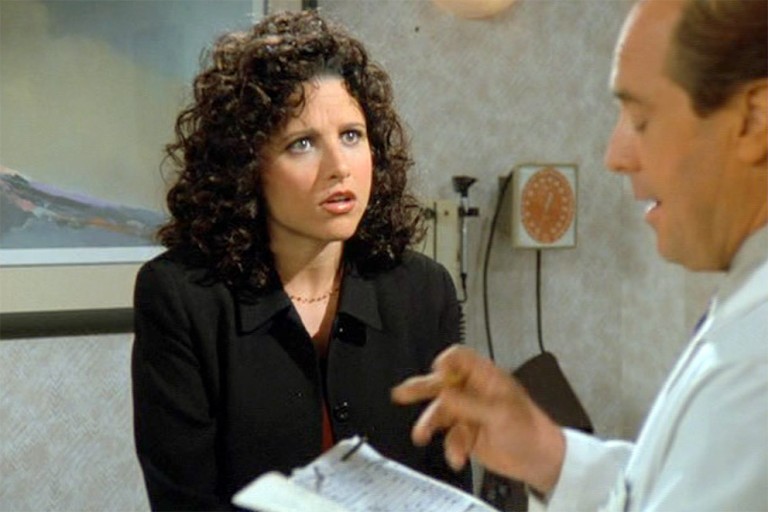The Difficult Patient: A Med School Primer
- by
- Oct 10, 2018
- Reviewed by: Amy Rontal, MD

Noncompliant, difficult, unreasonable… all words that we hear on a daily basis to describe patients who do not agree with our treatment plan. It is incredibly easy (and convenient) to stereotype a patient as noncompliant and defer the blame of his or her disease process to the patient. It is incredibly difficult for a clinician to take accountability in the situation, and suggest to his or herself that they have an active and evolving role in the patient’s noncompliance.
As an intern I saw over and over again how easy it was to chart “patient refused medication,” rather than get up from behind my computer and go ask the patient why he or she did not agree to take their medication. I fell into this trap throughout the early part of my PGY-1 year. After all, it drastically decreased my work load. I could go home with a clean conscious that I did my part and that it was the patients’ fault that he or she wasn’t improving.
I give you the example of Mrs. Smith (that wasn’t her name) who was in and out of the hospital for heart failure, COPD exacerbation, and pneumonia. Noncompliant with her CPAP and inhalers, she was effectively branded as a difficult patient. Most of her providers spent less than 5 minutes with her as they thought it as a waste of time.
Due to a shortage of beds, on this admission Mrs. Smith landed on the oncology floor under the care of an internist I highly esteemed. Almost miraculously, within a week she got better and was discharged, and didn’t return to the hospital for another 6 months.
I approached my mentor, and asked him what he did differently? What was his treatment plan, what medication did he add, what service did he consult? He stared at me strangely and said “I listened to her.”
The patient had told him that the CPAP mask was making her claustrophobic, so he recommended a nasal mask. She told him that she was prescribed an incredible amount of laxatives to deal with her pain medication GI symptoms, which he knew were dehydrating her and pushing her off of the optimal starling curve.
He asked her how she was getting her medications given she can barely walk, and she told him that she couldn’t refill her scripts until her daughter visits which was once every couple of months. He set her up with the proper social service channels for her to receive her medications.
There was no miracle pill or curative procedure… just two ears and some time. This conversation drastically changed my approach to medicine. It forced me to practice patient centered medicine, rather than pathology centered medicine.
I encourage you to listen to your patients’ fully and give them the chance to have an active part in their own treatment plan. Allow them to tell you what it’s going to take to keep them out of the hospital. Treat the whole patient, rather than the pathology.









